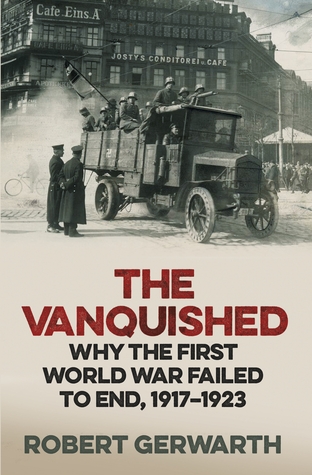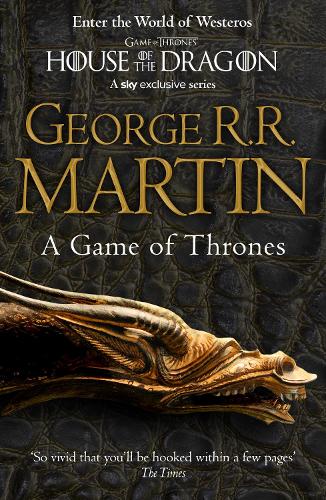JohannaK
Heroically Clueless
J.G. Ballard is already dead, but he had some interesting stories.
Well presumably because even a community like the scientific community is unable to intentionally steer the scientific ship, and instead that steering is done by social group dynamics, embodied in those paradigms. i.e. I do what others do or I am a crazy weirdo and nobody wants to play with me. Being this intention-lacking social machinery, any fundamental change to those paradigms is beyond decision, and requires a collective, more or less spontaneous, event, to get triggered. And then it goes relatively abruptly and creative-destructive.However, the book never answers why is it that science progresses through the mechanism laid out in the book. Maybe this is beyond the scope of what Kuhn intended. Nevertheless, it is an important issue to ponder.



It's the best book in the series. It would have stayed better as a standalone, but maybe it is just me. They're all good books anyway.
